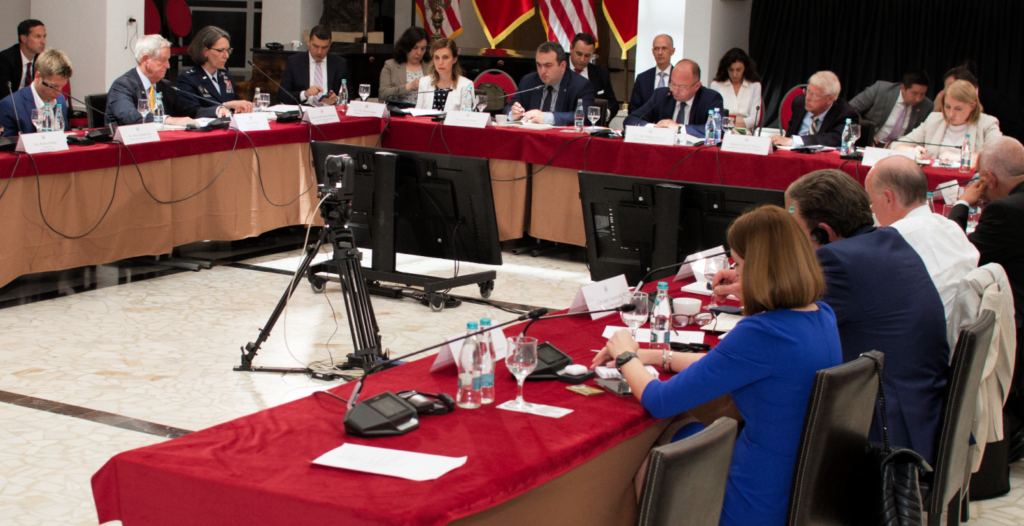President Trump has turned decades-old conventional wisdom on U.S. policy towards Europe on its head. His description of the European Union as a foe and embrace of populist leaders from Hungary’s Viktor Orban to Italy’s Giuseppe Conte have little historical precedent since World War II. With transatlantic relations in flux, observers wonder whether the approach that has guided our policy towards Europe since World War II has run its course.
At this Helsinki Commission briefing, distinguished experts on U.S.-European relations examined the historical context of the relationship and asked whether European integration remains in the U.S. national interest, and whether populist movements in Europe should be considered a threat or an opportunity.





